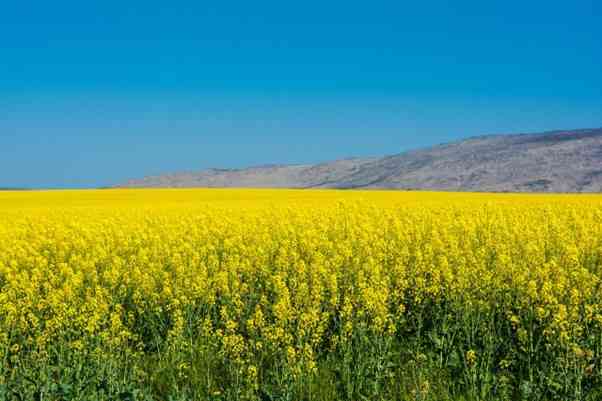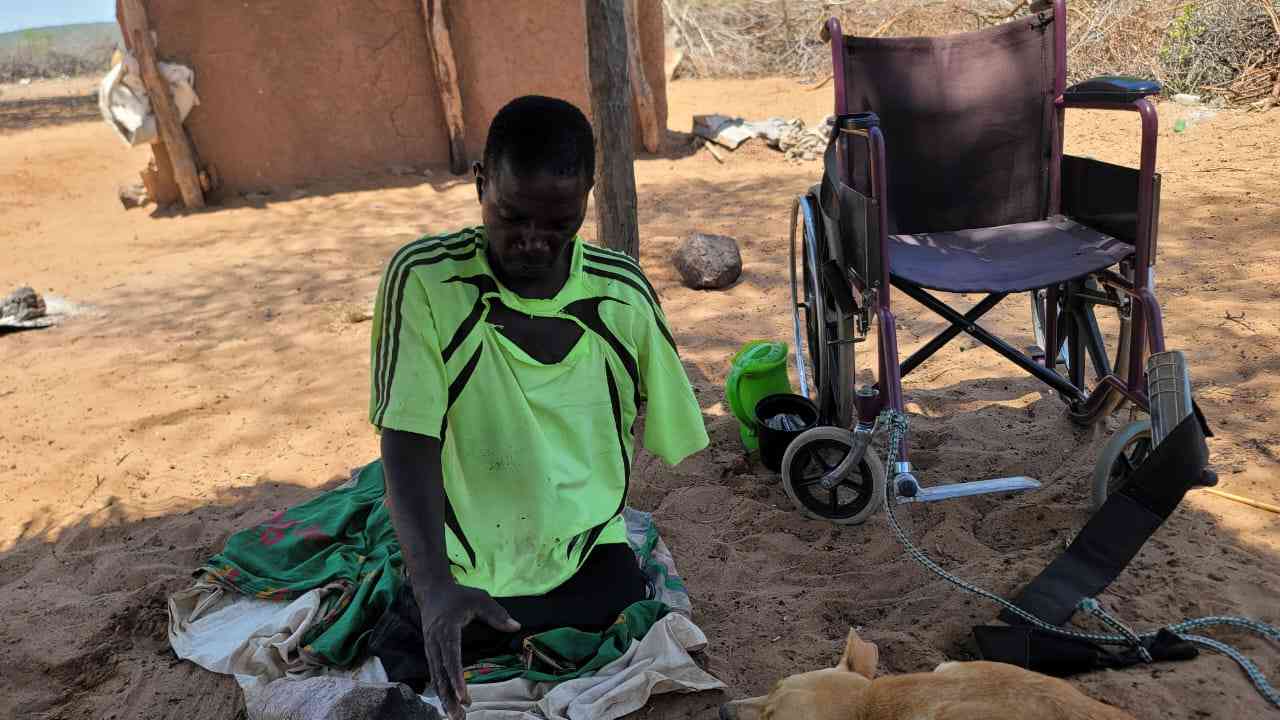
For decades, South Africa's largest industries were agriculture and mining. These were the engines driving wealth in the country, but in recent times, there has been a shift towards retail and wholesale trade, technology, and communications. The country has also become a popular tourist destination, and while the sector has not yet fully recovered from the hammering it took during the COVID-19 pandemic, it is now making steps in the right direction.
Mining
Mining might be part of South Africa's past but is also very much part of its current economic strength and future prosperity. In 2023, it contributed over ten billion US dollars to the country's GDP. That was actually a fall in 2022 but by less than one percent. However, Mining Review Africa reported that after two calendar years of decline, total mining production in South Africa showed impressive growth of nine point nine per cent year-on-year in February 2024. Regardless of the improvement, production in this sector is still almost four per cent below pre-COVID levels, and it is uncertain how it will fare during the transition to green energy. There is increasing pressure on industries to divest from fossil fuels, and coal is very much in the spotlight. Fortunately, South Africa has the world's largest manganese reserves, which is crucial for solar and wind energy. The mining sector will continue to flourish, whether it be gold, diamonds, copper, or chrome – South Africa has impressive reserves of mineral resources.
Agriculture
Agriculture accounts for about ten per cent of the country's export earnings, with favourable conditions for cultivating grains, citrus, sugar, oilseeds, and subtropical fruit. In addition, South Africa has a well-developed livestock industry, with many farmers concentrating on dairy, cattle, sheep, poultry, and pigs. However, the latest fast-growing sector is ostriches. The rapid growth in ostrich farming has made South Africa the world's most significant supplier of ostrich products. South Africans have been farming ostriches since the mid-1820s, so it is not a new industry. However, ostrich farms are now considered among the most profitable agricultural concerns. They have been dubbed "the farms of the future" because of the variety of products made from their pelts, feathers, eggs, and meat and their high-profit potential. Ostrich meat is healthier than beef as it contains more protein but is lower in calories and fat. This makes it an increasingly popular choice amongst meat eaters. It is also used to make processed meats such as biltong and sausages.
Gambling
Gambling is an essential component of South Africa's economy, with 2024 projected revenue in the online gambling market expected to exceed eight hundred million US dollars in 2024. Over the next five years, analysts project annual growth of almost six per cent, resulting in the online gambling market being worth over a billion US dollars by 2029. Gambling online has expanded massively in recent years, with online casinos in South Africa becoming increasingly popular. South African gamblers can play all kinds of casino games from the comfort of their own home, including blackjack, roulette, Sic Bo, craps and poker.
However, as in most other markets, online slots make up the lion's share of the revenue generated. Current growth is impressive, but compared to other economies, user penetration is still relatively low at six per cent. When you compare this to somewhere like Canada, where almost seventy per cent of adults admit to wagering, it is easy to see that there is massive growth potential. It is not only gambling operators who profit from the activity, but tax and licensing revenues also make their way to federal, state, and municipal coffers.
- AAT adds Vic Falls Spa in post-pandemic strategy
- The Fiddler: The body politic
- Ukraine becoming an international centre for illegal arms trade
- CCC urged to push for dialogue over reforms
Keep Reading
Technology
Technology is driving the growth in the gambling market, but ICT is one of the fastest-growing industries in the country, and it is in its own right. South Africa's cell phone market is the fourth fastest-growing in the world, with fifty per cent annual growth. However, there is growth in almost every area of technology, from security systems and software development for financial, banking, and gaming sectors to silicon processing and fibre optic manufacturing and integrated circuits and solar power cells.
The Government plans to have one million people trained to work in robotics, AI (Artificial Intelligence), cloud computing and coding by 2030. This is part of the South African Government's digital transformation target to get the country growing and thriving. The country's economy has faltered badly in recent years, and there are between seven and eleven million 'unemployed' people. Tech training for young people is essential if the country wants to turn things around, as its GDP per capita is lower than it was in 2008. Investing in people who can help boost the predicted ICT market growth makes sense. Those one million people should create a ripple effect, create more jobs and support a wave of job growth across the population. Steps like this and basic income grants could lift millions of people out of poverty in South Africa.
Tourism
Tourism is a sector that should be 'nurtured and sustained' according to the government, and it is considered to be of vital importance to the economy. Tourism is one of the world's largest industries and is regarded as a modern-day engine of growth in any country looking to develop its economy. However, South Africa is beset with problems that continue to deter many tourists, including corruption, deteriorating infrastructure and soaring crime rates. On the plus side, it has breathtaking scenery, fabulous beaches and seaside locations and fantastic safari opportunities.
South African Travel and Tourism's growth is forecast to outpace the country's holiday over the next ten years. It will be a crucial sector to drive economic recovery. Despite experiencing a sharp downturn during the pandemic, it is now showing signs of solid growth, with visitors from India and China on the rise. Most international travellers are from other African countries, including Zimbabwe, Lesotho and Mozambique. South Africa is also a popular destination for visitors from Europe and the USA. European visitors mostly hail from the UK, Germany and the Netherlands. It is the most popular destination for travellers on the African continent, and developers are keen to attract more tourists who will contribute to the local economy rather than see all the money drain out of the country, as can happen with mass tourism.










